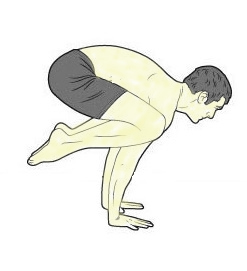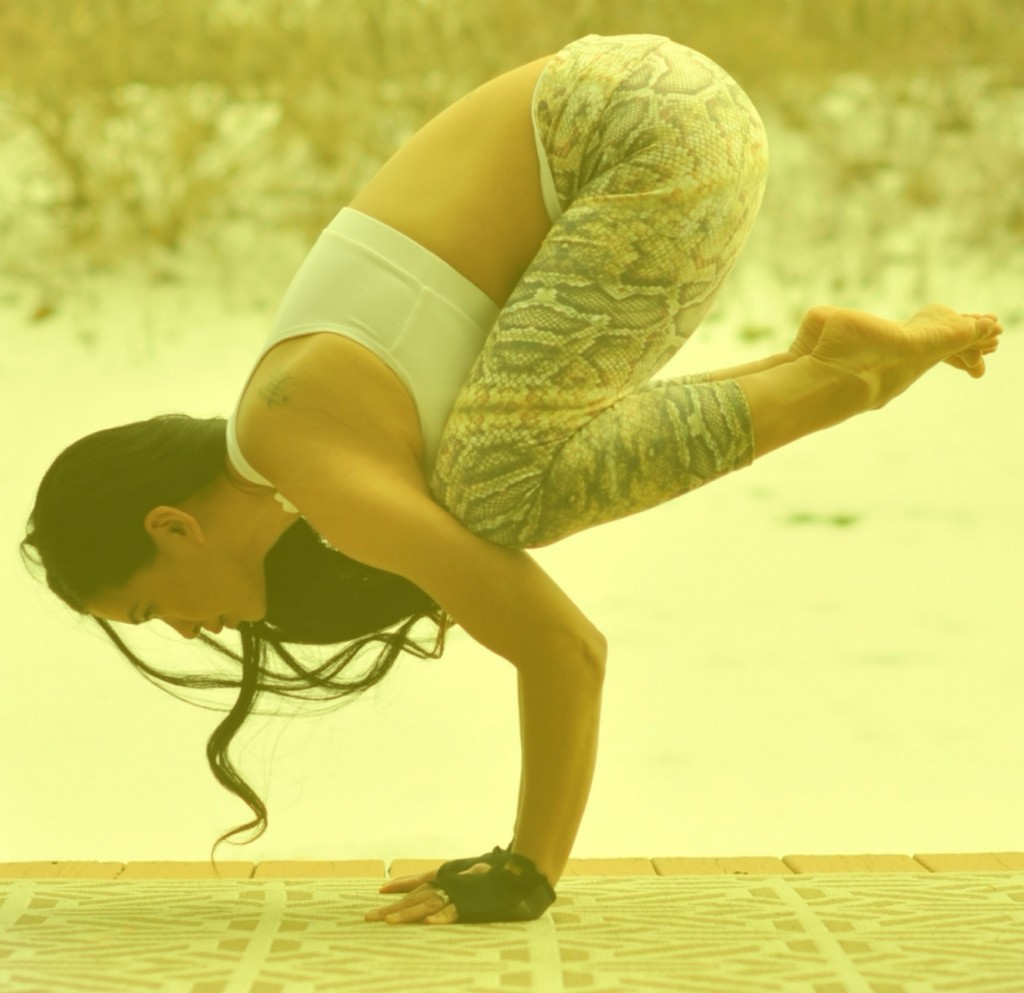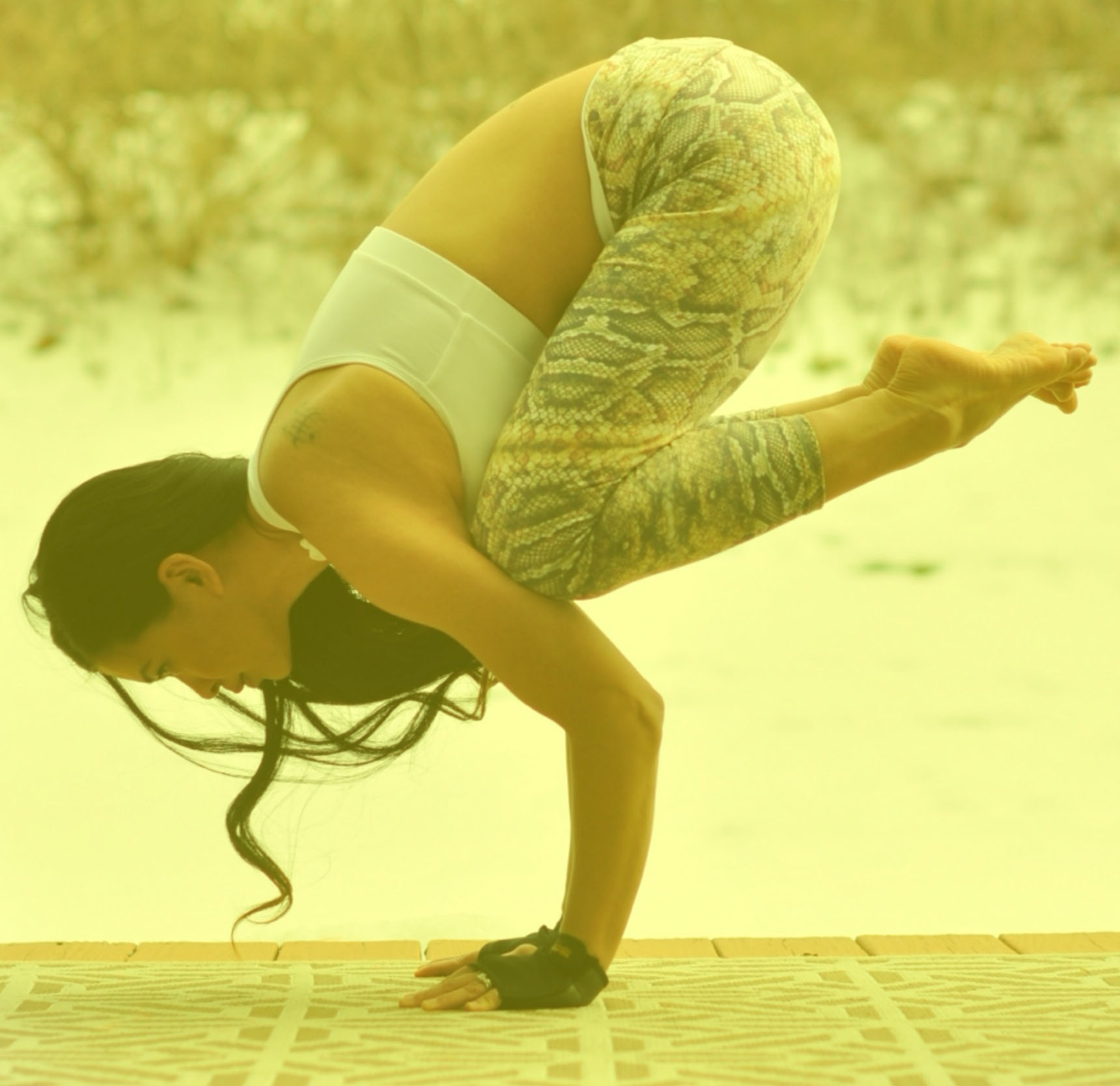Sanskrit Name: – Bakasana.
Preparatory Poses: –
Virasana
Plank Pose
Baddha Konasana
Adho Mukha Svanasana
Balasana
Follow-Up Poses: –
Plank Pose
Chaturanga Dandasana
Adho Mukha Svanasana
The word “Baka” is derived from the Sanskrit word which means Crane and the meaning of Asana is Posture. This Asana is very similar to the body posture of a crane, so it is also named as Crane pose. Bakasana is a compact arm leveling posture that helps in strengthening the arms similarly as the abdominal organs. The anatomical focus of this pose is that the wrists. By frequently practicing the Bakasana, the spine stretches to its full length and this will increase its flexibility for the most part. This Asan comes under the advance Asana. Bakasana is the best balancing Asana. Bakasana is a kind of yoga posture that seems to be troublesome to perform, however actually is quite easy. There is one another Asana that is very similar to Bakasana and that is Kakasana but has some differences.
Navigator
SO what’s the difference between Bakasana (Crane Pose) and Kakasana (Crow Pose)?
As with several yoga postures, Crane and Crow are often confused with each other, particularly as different- different colleges of yoga observe usually have different names for things. The key distinction between the 2 poses is that Crow pose is performed with bent arms whereas Crane pose is performed with straight arms. Additionally, crow pose is sometimes the primary step to learning Crane.
Crow pose is less complicated, as your bent elbows permit you a little additional flexibility with regard to your positioning. Crane is far less forgiving, as you hold yourself up with the next center of gravity. ( Remember the distinction between Kakasana and Bakasana is simply that in Kakasana, your arms are bent to a small degree within the forward direction like that of a crow and in Bakasana, you’ve got to stay your arms straight like that of a crane.)
Steps of Bakasana (Crane Pose)
- Stand in the position of Tadasana.
- After taking the position of Tadasana, come down to the Uttanasana position.
- While doing Uttanasana, keep your hands on the floor just in front of your feet. For this, you’ll need to bend a little more from your hips.
- If you’re not capable to balance properly, attempt to keep a folded blanket below your hands so your body gets a platform to rest on.
- Now Bend your arms a bit (as much as possible).
- Attempt to carry your left leg up in the air.
- Fold your knee and take a look at to rest your left knee on the outer facet of your left arm.
- Fold the right leg from the knee and take a look at to put the right knee on the outer facet of the right arm.
- There ought to be an acceptable distance between each your hands, so it becomes easier for you to balance your body on your hands.
- Stay steady in this position for concerning 15-20 seconds, after that slowly-slowly release.
- Repeat this process three times a day.
Benefits of Bakasana (Crane Pose)
- Regular practice of this pose will increase mental and physical strength.
- Helps in to make your body more flexible.
- It increases endurance capacity.
- Practicing this posture on a daily routine helps you in strengthening your forearms, wrists, and shoulders.
- It provides a decent stretch to your higher back and even strengthens your abdominal muscles.
Note: –
Those people who are suffering from Carpal Tunnel Syndrome, sciatica pain, slip disc, Spondylitis problems and a wrist injury are not allowed to practice this asana. Be extra careful if you have shoulders injury or hamstrings while attempting this pose. If you are a beginner then don’t try this pose immediately, at first start with basics, when you are master in that then go for advance Asana. This is an advance Asana so try this Asana under the supervision of a yoga teacher.


